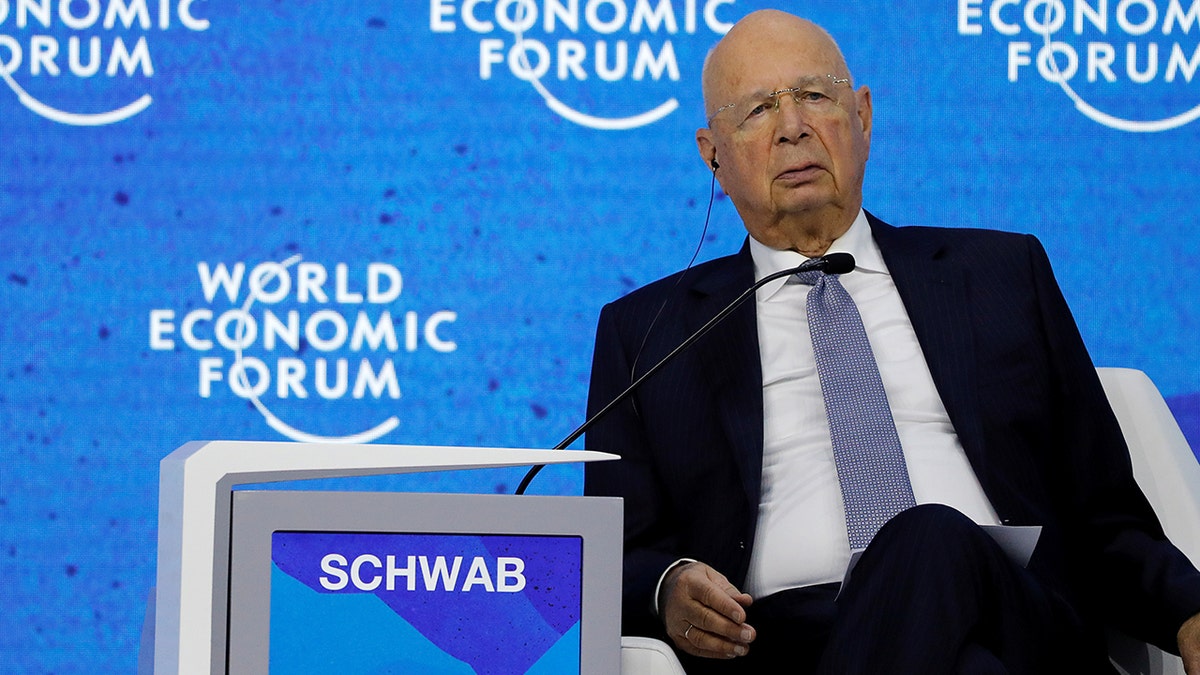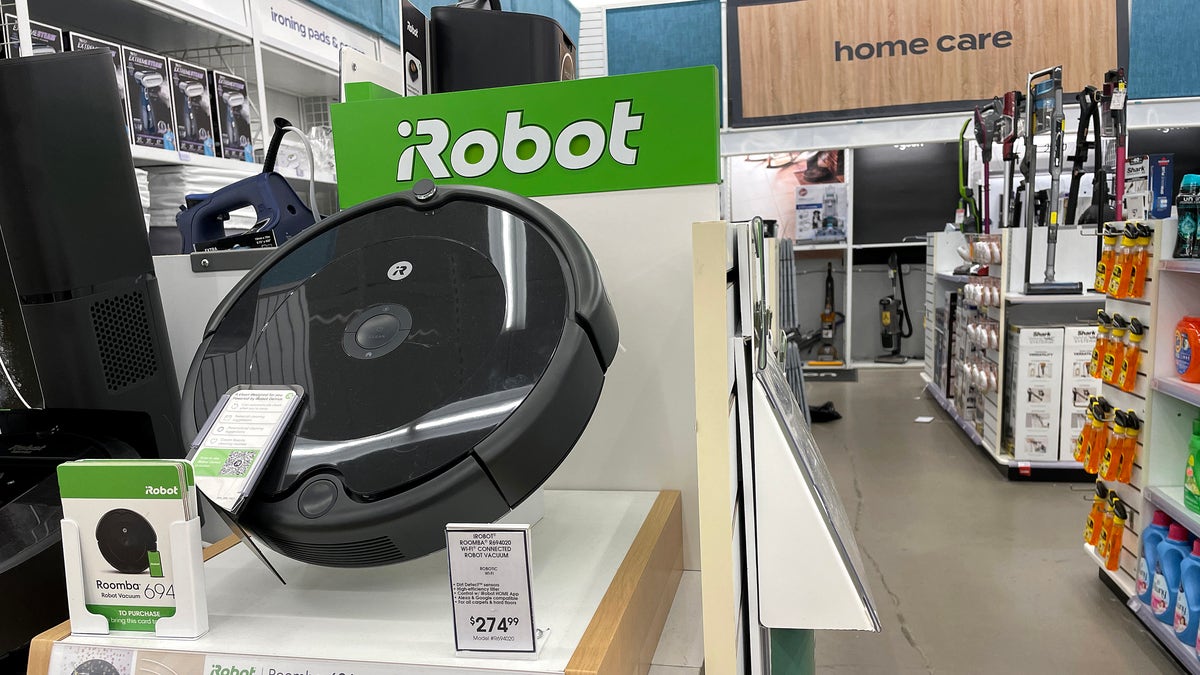Does artificial intelligence pose a threat to humanity?
Fox News correspondent Grady Trimble has the latest on fears the technology will spiral out of control on 'Special Report.'
Artificial intelligence will help close the gender gap by handling more domestic chores and thereby allowing women more time for work and leisure, according to the World Economic Forum (WEF).
The WEF's conclusion stems from new research showing that advancements in automation and AI will allow robots to take over a significant proportion of domestic chores over the next decade.
Specifically, a panel of AI experts estimated that, based on a list of 17 common domestic tasks, an average of 39% of the time spent per task could be automated within 10 years. The findings were published in PLOS One, a peer-reviewed journal.

World Economic Forum founder Klaus Schwab during the last day of the WEF in Davos, Switzerland, May 26, 2022. (Reuters/Arnd Wiegmann)
The new study could have a major societal impact for women, according to the WEF, which noted that the overwhelming majority of housework in Europe and other parts of the world is still done by women.
"Working-age adults spend similar amounts of time on this unpaid domestic work as they do on paid work," read an article on the WEF's website. "But household chores are also disproportionately carried out by women. Therefore, automation of these tasks could lead to significant social and economic consequences. More time – particularly that of women – could be freed up for social, leisure and paid work."
"This is particularly relevant," the analysis continued, "given the World Economic Forum's Global Gender Gap Report 2022 shows that, at our current rate of progress, it will be another 132 years before there is parity between men and women."

Roomba robot vacuums made by iRobot are displayed on a shelf at a Bed Bath and Beyond store on Aug. 5, 2022 in Larkspur, California. (Justin Sullivan/Getty Images)
ALTERNATIVE INVENTOR? BIDEN ADMIN OPENS DOOR TO NON-HUMAN, AI PATENT HOLDERS
The WEF's 2022 report examined "gender parity" across four areas – economic participation and opportunity, educational attainment, health and survival, and political empowerment – finding that Europe and North America are the nearest to closing the gap at six decades away. South Asia was the farthest away at 197 years.
As for the recent study, the panel of AI experts found that traditional housework, such as cooking and cleaning, is more easily automated than care tasks, such as caring for children or the elderly. Indeed, the most easily automated task, according to the findings, is likely to be grocery shopping, which could be 59% automated within 10 years, while the least easy to automate is likely physical child care at 21%.
CLICK HERE TO GET THE FOX NEWS APP
Service robots for domestic and household tasks, mainly robotic vacuum cleaners and mops, are becoming the most widely sold robots globally.












































